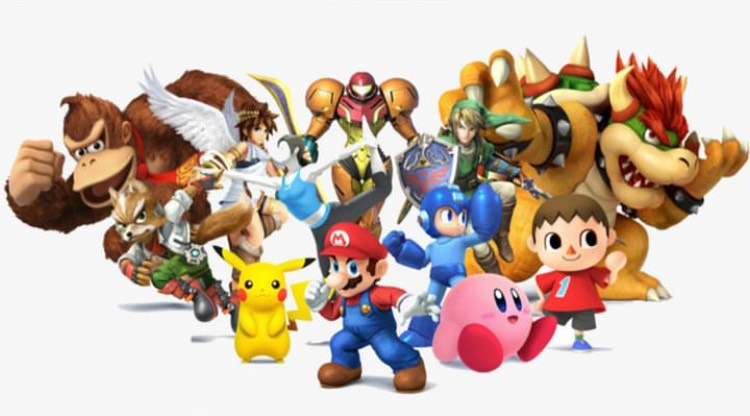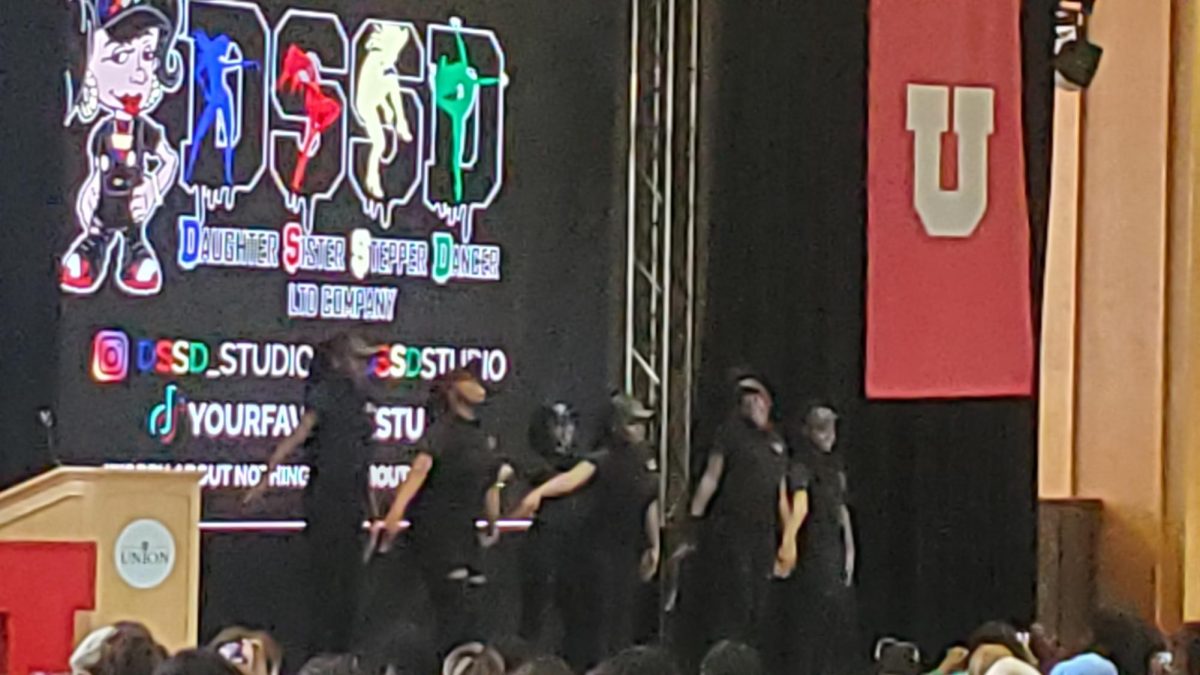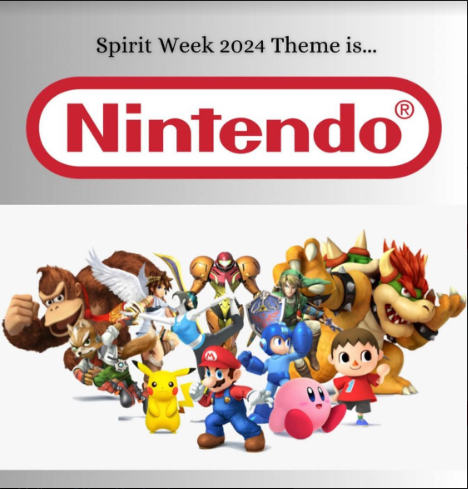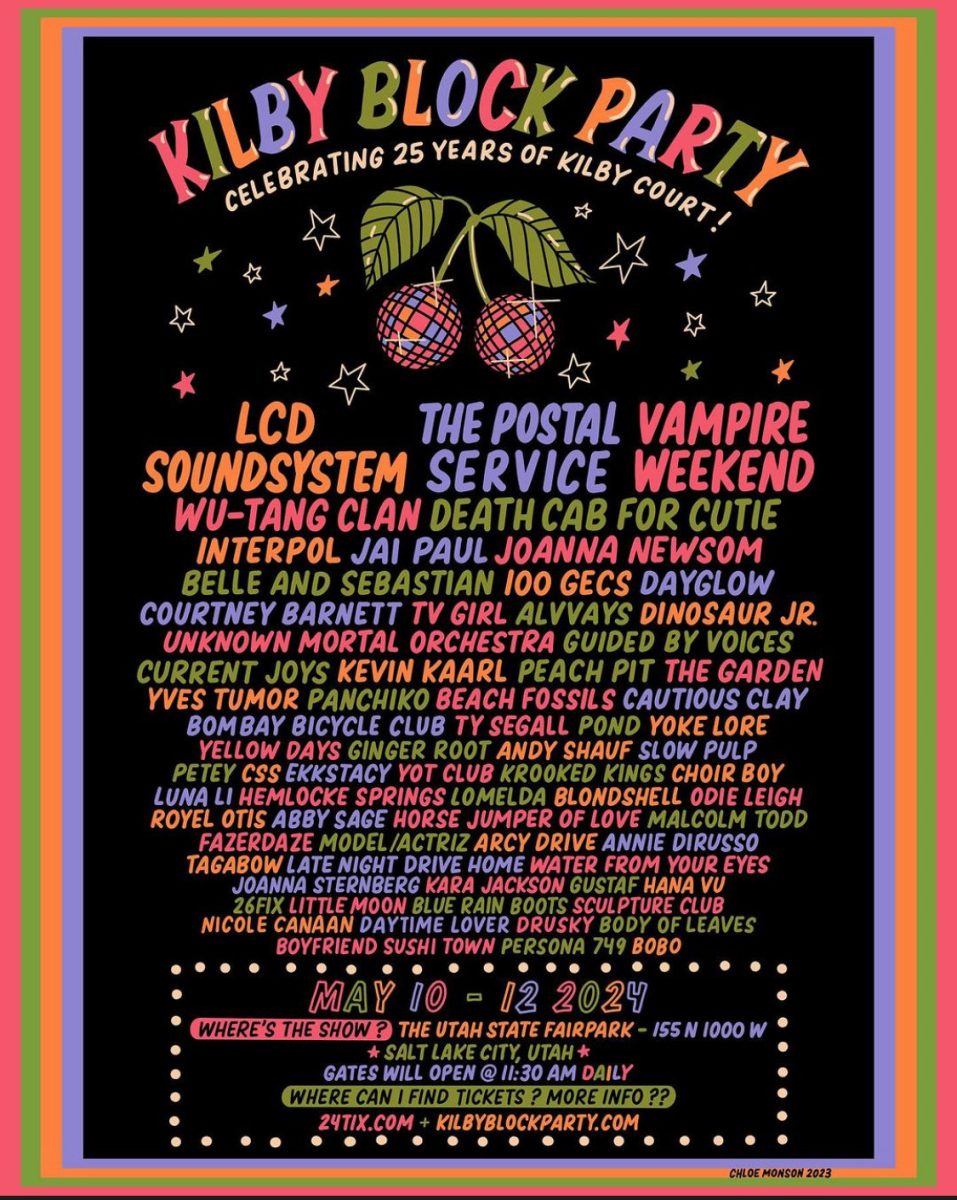In an era where information is often touted as the new currency, the control of media and the spread of propaganda have become central themes in the global discourse. With the rise of technology and the ever-increasing role of social media in shaping opinions, the impact of media censorship and propaganda is more significant than ever before. In this article, we will explore the various dimensions of media censorship and propaganda and argue that they pose a grave threat to democracy, free speech, and the public’s right to information.
The Power of Information:
It is an undeniable fact that information is power. The media, in its various forms, serves as the primary conduit through which information reaches the masses. Media censorship, be it through overt government regulations or subtle corporate influence, curtails the free flow of information and undermines a fundamental pillar of democracy: an informed citizenry. When a select few have the power to control what is said, how it is said, and who can say it, it becomes difficult to distinguish truth from falsehood.
The Case of Government Censorship:
Government censorship is often justified on the grounds of national security and maintaining social order. However, the line between national security and suppressing dissent can blur easily. A case in point is China, where the government’s “Great Firewall” restricts access to vast information. While it may prevent the spread of certain ideas or information deemed harmful to the state, it also stifles public discourse, hampers innovation, and ultimately undermines the freedom of expression.
Corporate Interests:
In the modern world, corporate giants have become influential players in the media landscape. These companies often have their own interests, which can lead to subtle forms of censorship. For example, media organizations may avoid criticizing powerful corporations for fear of losing advertising revenue. This leads to a narrowing of perspectives and a reluctance to address critical issues that might offend corporate sponsors.
The Specter of Propaganda:
Censorship often goes hand in hand with propaganda. Propaganda, in this context, refers to the manipulation of information to serve the interests of a particular group, be it a government, corporation, or even a political party. Propaganda seeks to shape public opinion and often relies on emotional appeals rather than factual information. This is a dangerous practice, as it distorts reality and undermines the principles of free and informed decision-making.
The Threat to Democracy:
Media censorship and propaganda pose a grave threat to democracy. In a democratic society, citizens can make informed choices, whether in elections or in their daily lives. When the media is controlled or manipulated, the public’s ability to make these choices is compromised. A democratic society is built on the foundation of open debate, diverse opinions, and the free exchange of ideas. Censorship and propaganda erode these fundamental principles, leading to a society where truth is elusive, and the powerful retain their grip on power.
The Role of Citizens:
In the battle against media censorship and propaganda, citizens play a crucial role. It is imperative for individuals to seek out diverse sources of information, think critically, and question what they see and hear. The power of social media allows for a broader dissemination of ideas, but it also means that misinformation and propaganda can spread rapidly. Therefore, media literacy and critical thinking are essential tools for the modern citizen.
In conclusion, media censorship and propaganda are two sides of the same coin, serving to undermine democracy, suppress free speech, and distort the truth. It is the responsibility of citizens, media organizations, and governments to safeguard the integrity of the information ecosystem. In an age where information is power, ensuring that power remains in the hands of the people is essential for the health of any democracy.
information borrowed from: VOA news.com, cjr.org, and Westminster papers.









